As parents, keeping our babies healthy is always a priority. During winter, the weather gets colder and with that comes common skin problems for our little ones. Babies have sensitive skin and are more prone to rashes and other skin issues if their skin isn’t taken care of properly.
In this article, we will discuss eight common skin problems that your baby may face during the winter and some tips on how to manage them.

1. Dry Skin
During the winter months, our little ones are more apt to suffer from dry and flaky skin due to the lack of moisture in colder climates. When temperatures drop a great deal outside, there is usually less humidity which leaves baby’s delicate skin exposed and vulnerable.
To combat dryness, make sure to apply a moisturizing lotion after bath time and during the day if needed. Use a baby-friendly lotion or oil after bath time and make sure to keep your baby’s skin covered when going outside.
You may also want to consider using a humidifier in your home to add some extra moisture into the air which will help keep your baby's skin hydrated all season long!
2. Chapped Lips
Adults and babies alike are all too familiar with dry, cracked lips.
But don't be fooled - licking your lips may seem like a good idea, but it actually leaves them more parched in the long run. Saliva evaporates quickly, leaving behind harsh enzymes that can damage the skin on the lips and cause discomfort. Instead of providing hydration to keep lips moist, you're left with dryness worse than before!
Babies, who tend to drool excessively, are highly prone to dry and cracked lips.
To help soothe chapped lips, use a gentle lip balm with natural ingredients like shea butter or coconut oil before bedtime or when going outside in colder temperatures. Keep a bottle of lip moisturizer next to your diaper bag and apply it regularly as needed throughout the day.

3. Eczema
Also known as atopic dermatitis, eczema is one of the most common skin conditions that babies can experience, affecting up to 30% of children. It causes dry, itchy patches on your baby’s skin, typically appearing on the cheeks or behind the knees. If left untreated, it can cause your baby discomfort and make them prone to infection.
While it would be amazing to pinpoint the exact cause of your baby's eczema, unfortunately, this can prove difficult as eczema is a multi-faceted condition. Eczema can be inherited and can be triggered by certain elements that cause dry skin such as harsh winter weather, certain soaps, detergents, and fabrics.
If your baby has eczema, it’s important to keep their skin moisturized by using natural lotions, creams, and wipes that are free from fragrances or other irritants. You should also avoid harsh soaps or cleansers when bathing them as they can further dry out their already sensitive skin. It helps to give your baby shorter baths in lukewarm water instead of hot water as this will be less drying for their skin. And while some outfits are adorable, make sure you're putting your baby in breathable fabrics, not just clothes that look cute.
4. Cradle Cap
Cradle cap is a common condition that causes scaly, flaky skin on the scalp that can be caused by dry skin. To prevent cradle cap, use a gentle baby shampoo and make sure to keep your baby’s scalp moisturized.
5. Baby Acne
While commonly associated with teenagers, acne knows no age limit and can affect anyone - even babies.
Baby acne presents itself as small, red bumps on your baby’s face, typically around the nose and cheeks.
The good news is that baby acne tends to go away on its own without any treatment. But in the meantime, you can help soothe your baby’s skin by washing their face with a mild soap and warm water and avoiding any lotions or creams that contain fragrances. You may also want to try using a gentle moisturizer on affected areas to create a barrier between your baby’s skin and irritating agents.
Make sure to avoid using adult acne products and do not pick or squeeze the bumps. The aim is to keep the skin clear and healthy, not irritate it further. Nonetheless, be mindful that washing too much or using soap can result in dryness, which could become worse during harsh winter weather.

6. Frostnip
As the temperature drops, it's important to be aware of frostnip. Frostnip occurs when skin is exposed to cold temperatures for a short amount of time and presents itself as red patches on the skin. If left untreated, it can develop into frostbite which is more severe and can cause permanent damage.
No need to panic, because frostnip is a temporary problem that will not cause permanent tissue damage as long as you warm the area up. In most cases, this can be done at home. If you suspect that your baby has frostnip, bring them indoors immediately and rewarm the affected area using a warm towel. If warming the skin does not help, make sure to call your pediatrician right away.
To protect your baby from frostnip, make sure they are dressed appropriately when going outside. Layer their clothing and use a hat, scarf, and/or gloves to keep their extremities warm.
7. Diaper Rash
Diaper rash is an extremely common skin issue that affects babies, especially during the winter. It’s caused when your baby’s skin gets irritated due to prolonged contact with wet diapers and can be quite uncomfortable for them.
To prevent diaper rash from developing, make sure you are changing your baby’s diaper frequently and using a gentle diaper rash cream on their skin after every change.
The baby wipes you choose can also make a big impact. The BabyCozy Coconut Nourish Wipes combine natural ingredients such as coconut oil, chamomile extract, and Vitamin E which act as rash cream to help soothe and protect the delicate skin on your baby's rump.
In addition, it’s important to make sure your baby's bottom is completely dry after each diaper change.
8. Heat Rash
Heat rash is a skin condition caused by sweat glands becoming blocked due to excessive sweating. This can occur during the colder months when your baby’s clothing, blankets, or car seat are not allowing their skin to breathe properly.
To prevent heat rash from developing, make sure you dress your baby in comfortable and breathable fabrics such as cotton and avoid bundling them up too much on cold days.
Keeping them warm is important, but don't overdo it.
If your little one ever experiences heat rash, it's essential to cool them down right away. Change out any wet clothing as soon as you can and gently dab a towel that is soaked in cold water over their skin. Let their skin breathe by taking off extra fabrics and their diaper for a short time.
Final Thoughts
Taking care of your baby’s delicate skin during winter months is incredibly important—especially as many common skin problems can arise due to cold temperatures and low humidity levels. By following these tips you can ensure that your little one stays happy and healthy throughout the winter season!
If you're looking for gentle products specifically designed for sensitive baby skin, then look no further than BabyCozy. Let us help keep your baby's beautiful skin free from any kind of irritation!
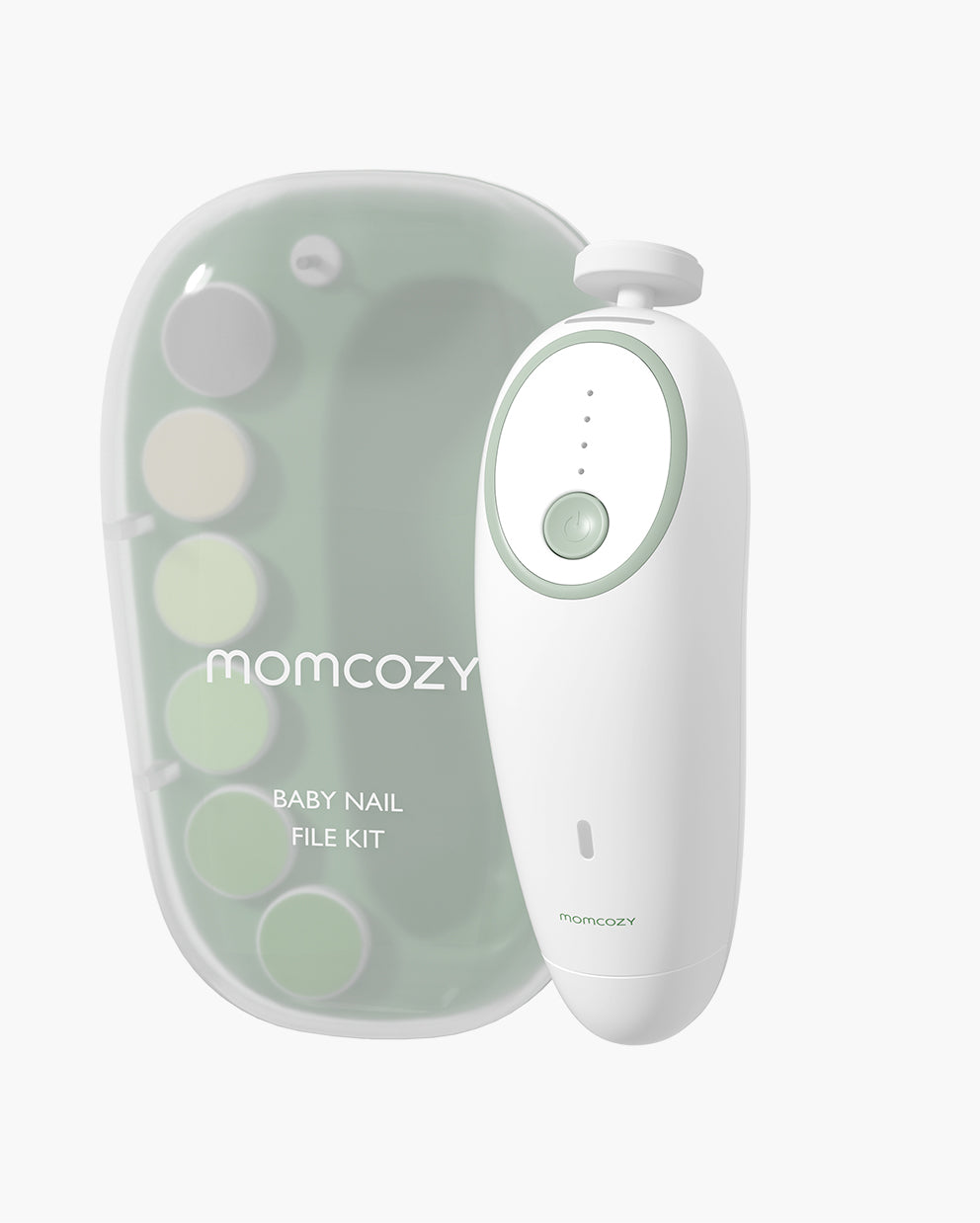
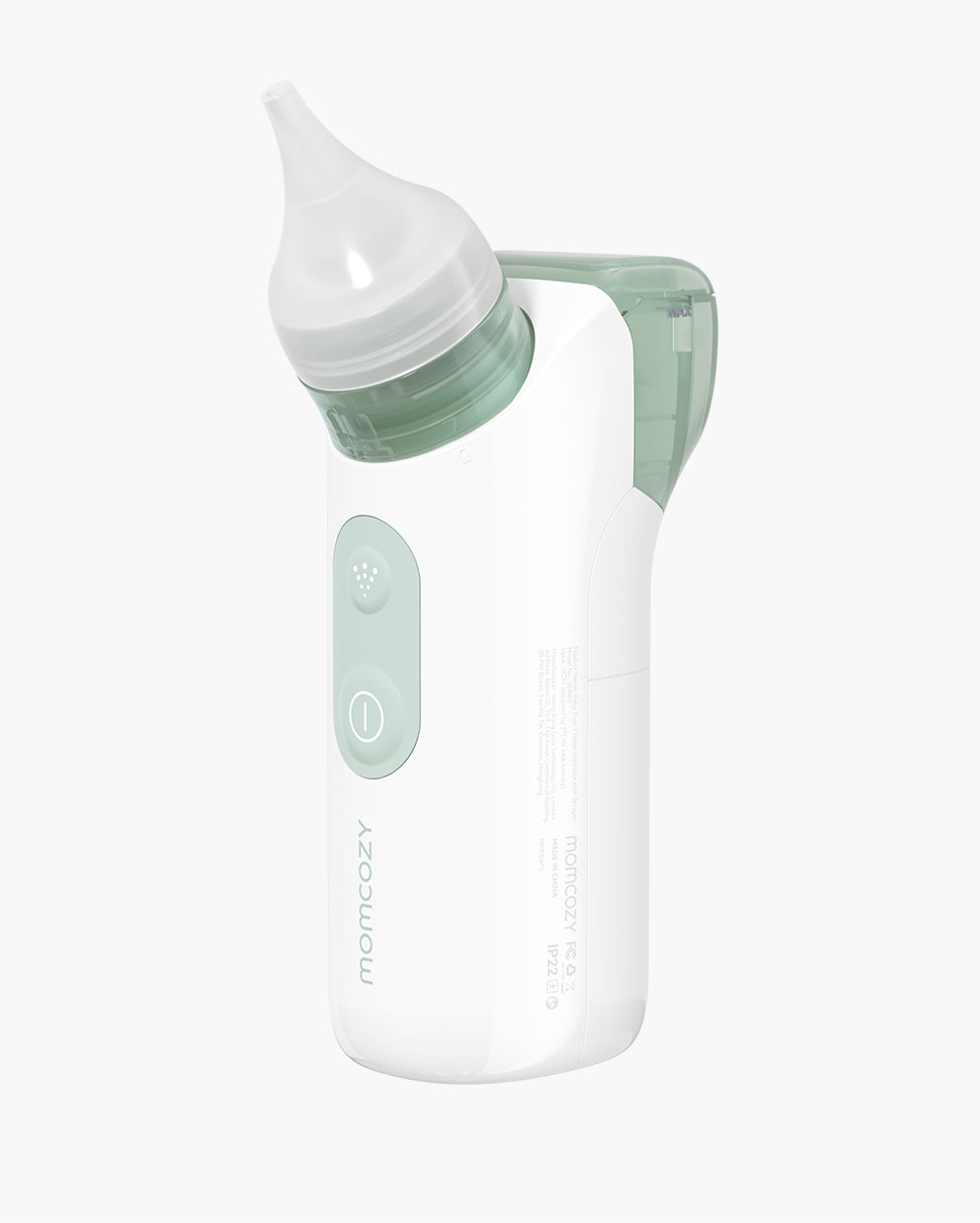
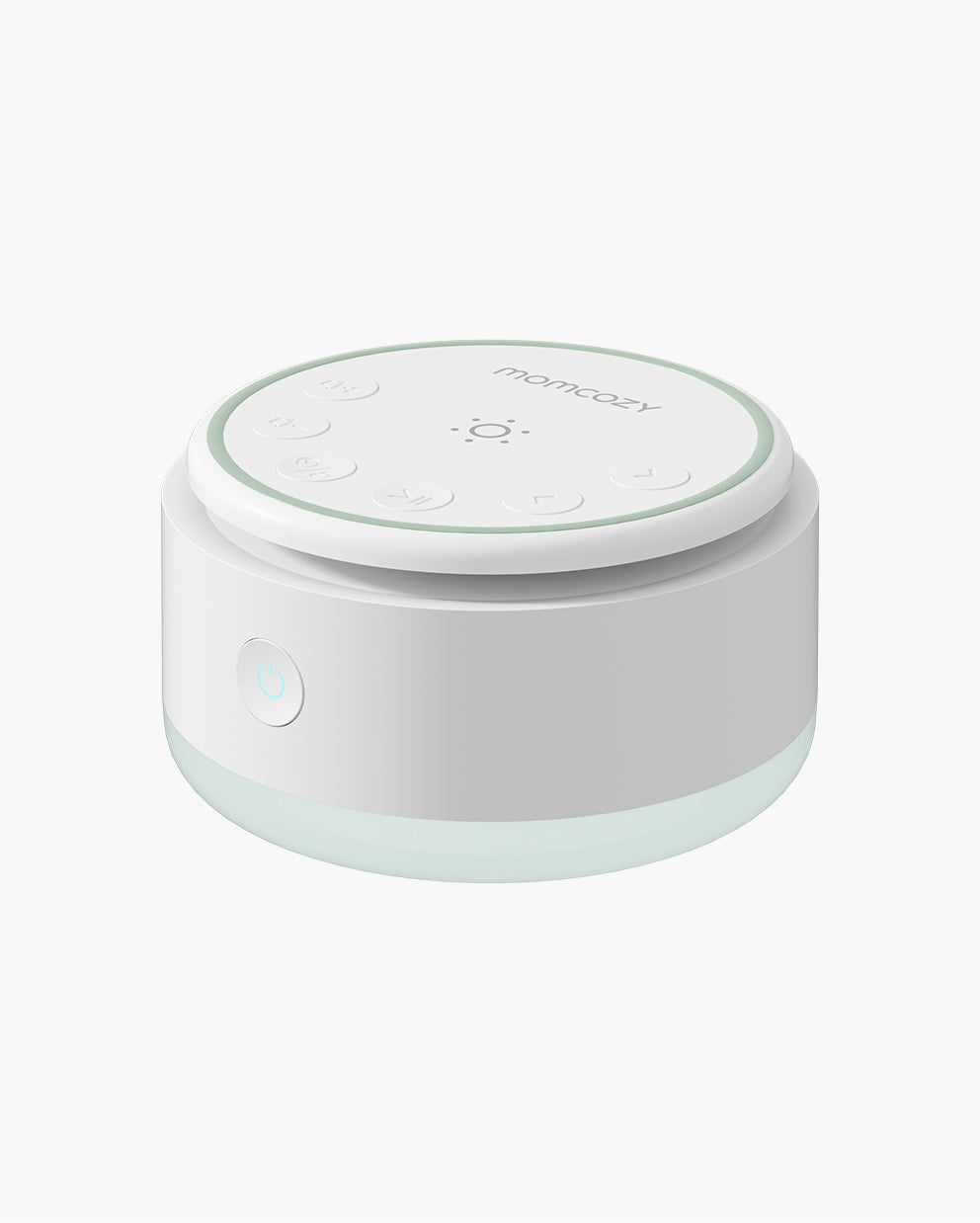
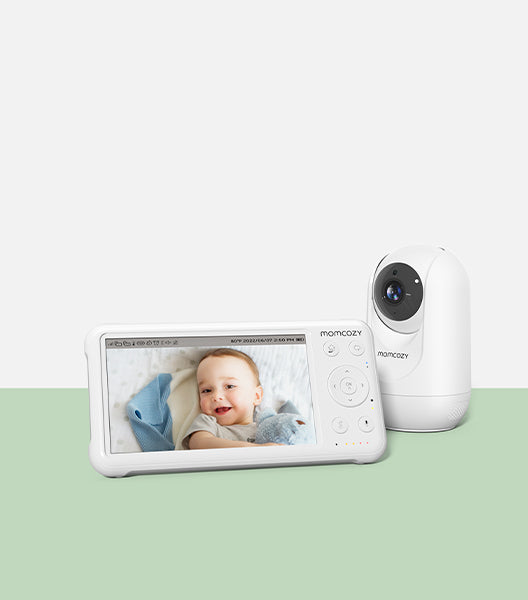
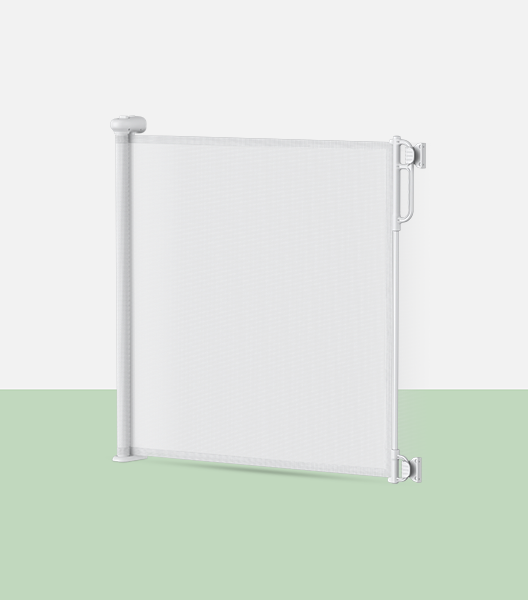
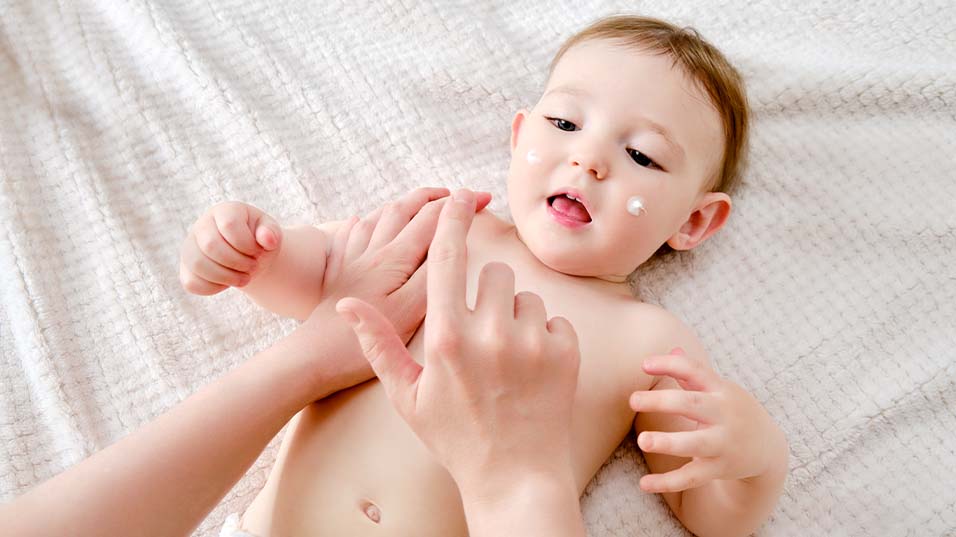
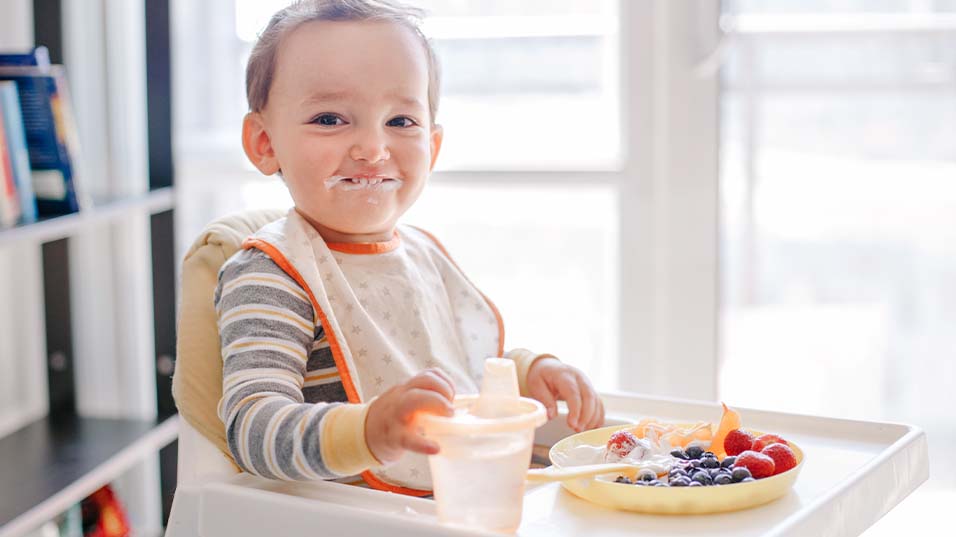
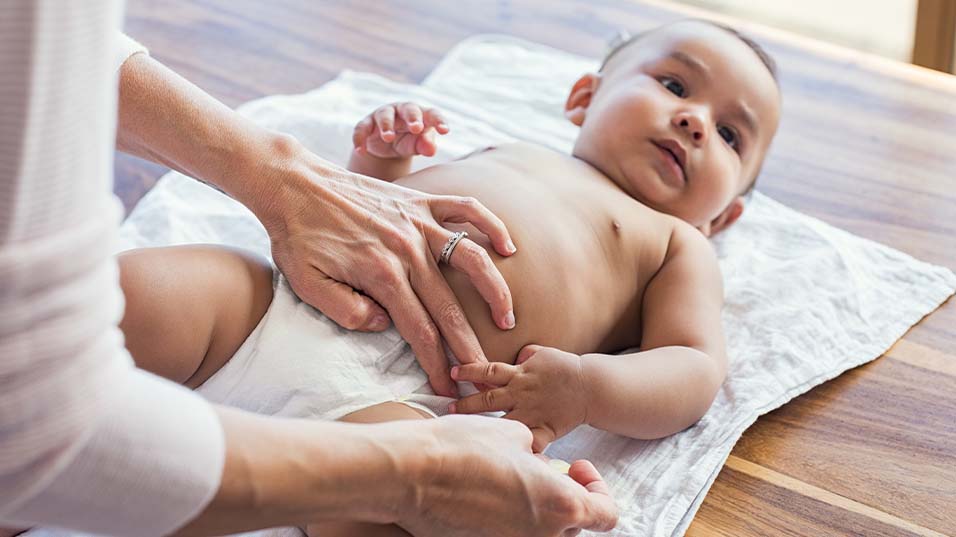
Leave a comment
This site is protected by hCaptcha and the hCaptcha Privacy Policy and Terms of Service apply.